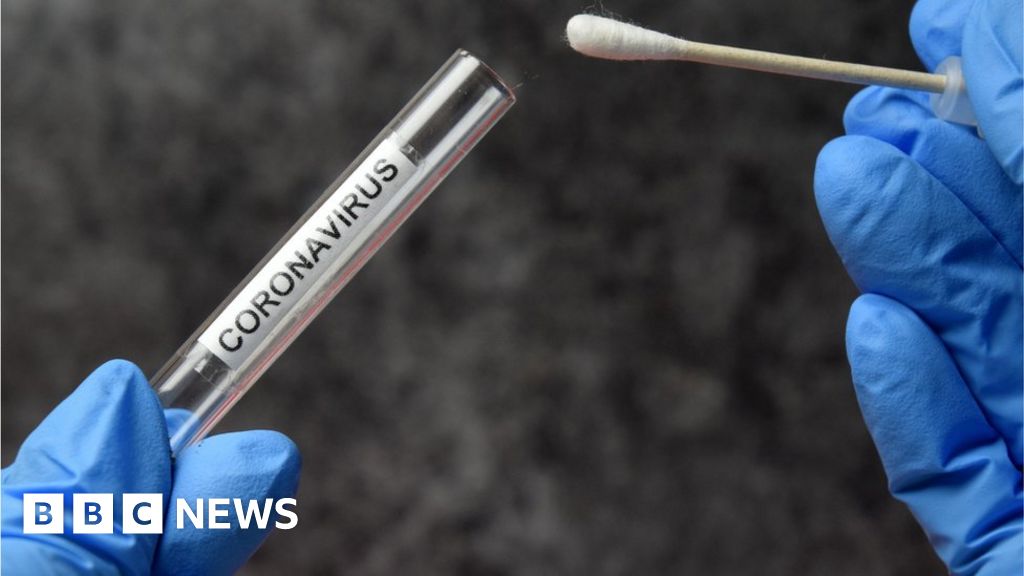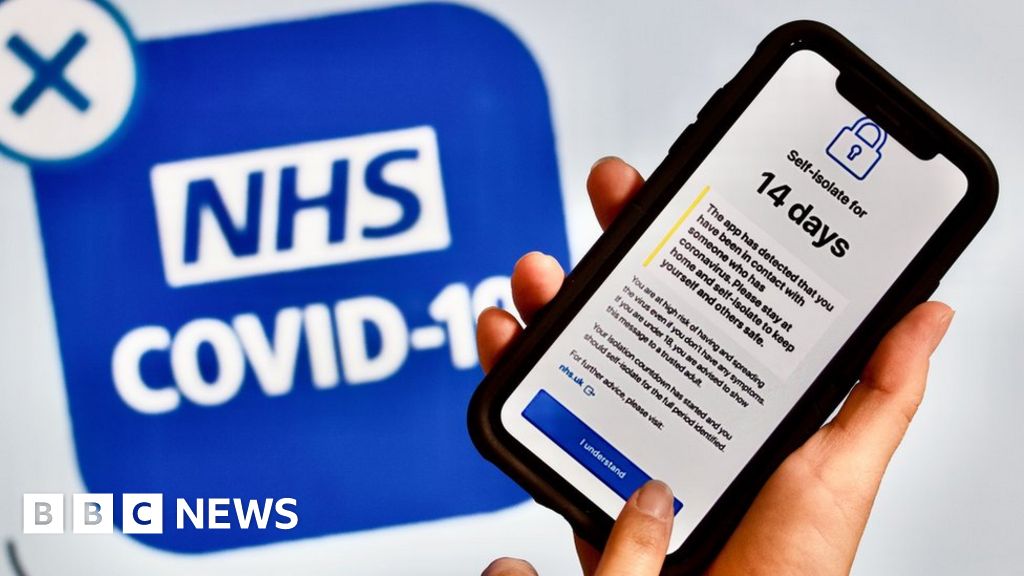 Image copyright
Getty Images
Image copyright
Getty Images
Researchers have begun trials of drugs which could prevent vulnerable groups developing severe coronavirus symptoms.
The Oxford University team plans to test pre-existing drugs on patients once they show the first signs of the disease.
They will look to see if any can reduce the need for hospitalisation or speed up recovery.
The project is one of a tranche announced by the government.
In the first phase of the Oxford trial, GPs will test the anti-malarial drug hydroxychloroquine to see if it is effective. Another drug being considered is the antibiotic, azithromycin.
Other promising drugs will be put to an expert advisory panel led by the government's chief scientific advisor, Sir Patrick Vallance for approval for inclusion in the trial.
According to the trial leader, Prof Christopher Butler of Oxford University, one of the main criteria for potential drugs is that they should be already be widely available so that they can be used by doctors straight away.
"As soon as we find that any one of our drugs is making an important difference, we want it to be part of clinical practice as soon as we can introduce it, within weeks if possible," he said.
Pregnancy study
Prof Butler aims to recruit up to 500 GP practices to his trial. They will recruit patients over 65, as well as those aged over 50 who have underlying health conditions such as diabetes asthma and heart disease. that increase the risk of developing serious symptoms.
They will be asked to make contact before symptoms become serious, when they have a persistent cough or fever.
The research is among 21 new projects funded by the UK Research and Innovation Agency (UKRI) as part of its emergency response to tackling the spread of the virus.
Another project to receive funding is aimed at better understand of how COVID-19 affects early pregnancy.
A team from Imperial College plans to develop an international registry so clinicians can report complications including miscarriage, stillbirth and restricted fetal growth.
It may well turn out that Covid-19 does not put pregnant women at added risk - but Dr Ed Mullins, who is part of the Imperial team, says that it is important to check because previous epidemics, such as SARS and swine flu, have been found to have adverse effects.
"This study will rapidly collect information on women in pregnancy and their babies affected by the virus from around the world.
"Through regular online updates and collaboration with other studies, we will improve our collective understanding of the infection in pregnancy and learn how we can lessen its impact."
'The best of humanity'
Dr Jo Jenkinson, who is coordinating the UKRI initiative said she had been "overwhelmed" by the response from research teams, many of whom are now working long hours, seven days a week to do what they can to combat the impact of the pandemic.
"It has been quite extraordinary. The way the community is responding to tackle this outbreak is demonstrating the best of humanity. It has been quite humbling".
The other areas of research covered by UKRI include:
The scaling up of a promising vaccine candidate developed by researchers at Imperial College A study on why children and teenagers seem to be less affected by Covid-19 at Oxford University An investigation by researchers at University College London into the spread of the virus among different populations Research by Public Health England on how long the virus can survive in the air - and on different types of surfaces and the best way of decontaminating them.Follow Pallab on Twitter

 5 years ago
935
5 years ago
935 

